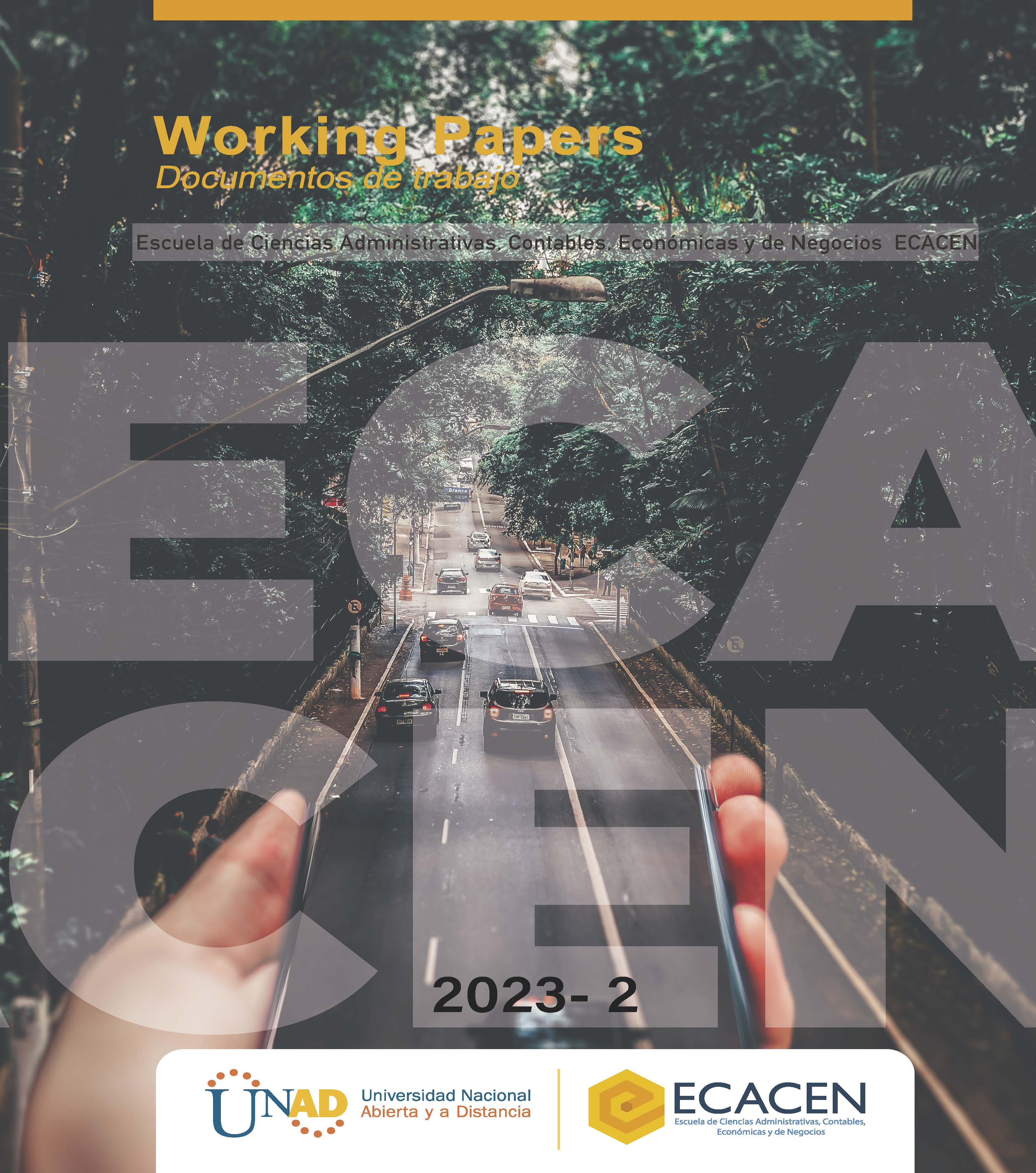Capitalismo cognitivo en Colombia
En el escenario del capitalismo cognitivo, propuesto por Fumagalli (2010), el conocimiento y la cognición se erigen no solo como fundamentos, sino también como motores de la transformación productiva y la creación de valor. Este paradigma, que revoluciona las bases de las estructuras laborales históricas, genera una serie de desafíos intrincados para regiones con marcadas idiosincrasias, como América Latina y, en particular, Colombia. Estos desafíos se ven intensificados por las complejidades socioeconómicas y culturales que caracterizan a estas regiones. En medio de este entramado, la Inteligencia Emocional (IE), tal como fue enunciada por Salovey y Mayer (1990), se destaca no solo por su pertinencia, sino también por su potencial transformador en el ámbito laboral. Sin embargo, existe una preocupación latente: bajo el influjo del capitalismo cognitivo, la IE podría ser susceptiblemente objeto de mercantilización, desviándose de su genuina esencia. Esta investigación, a través de un meticuloso enfoque cualitativo, contrapone paradigmas laborales arraigados, como el Taylorismo-Fordismo, con la visión contemporánea del capitalismo cognitivo. En esta comparativa, el trabajo enfatiza la imperiosa necesidad de revitalizar y recontextualizar la IE, garantizando su aplicabilidad genuina, y subrayando su cardinal importancia en el tejido laboral de la América Latina contemporánea y, particularmente, en el contexto colombiano.





